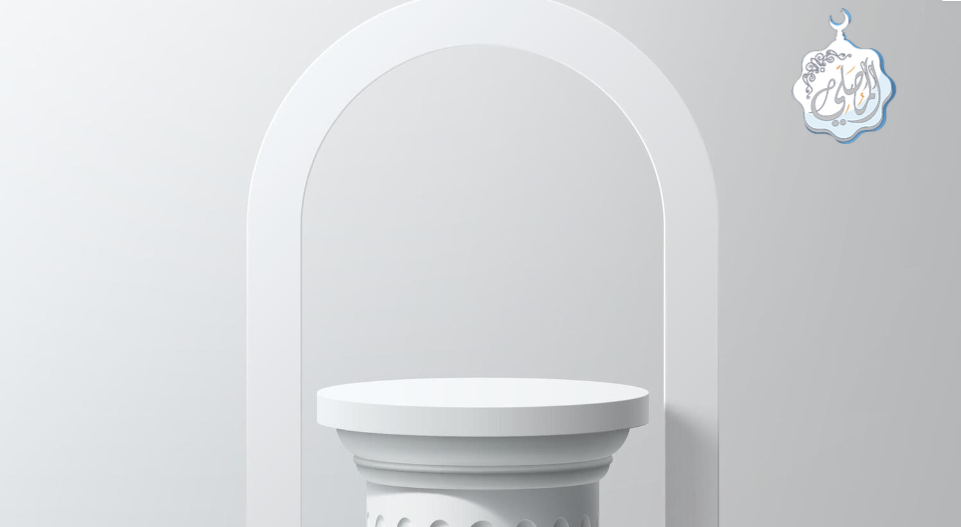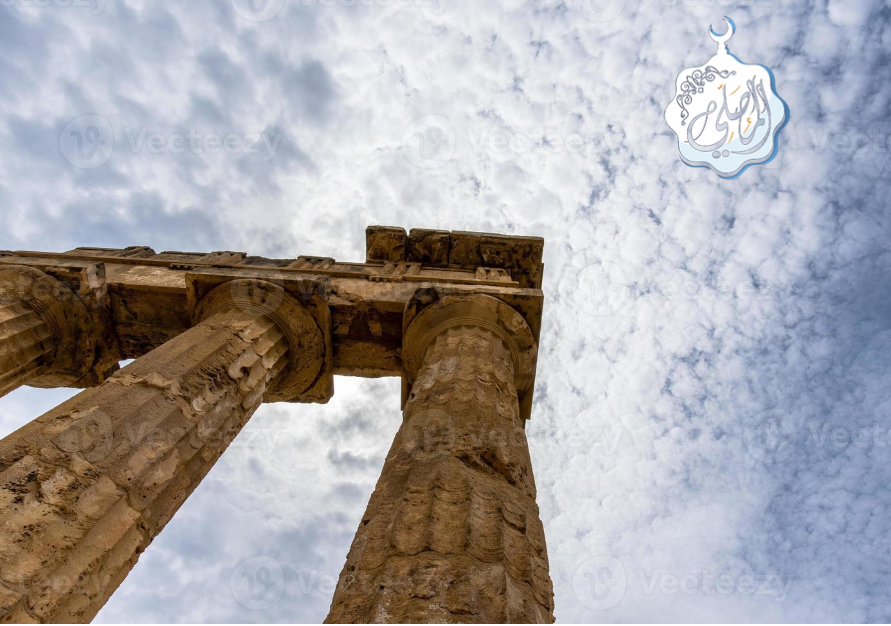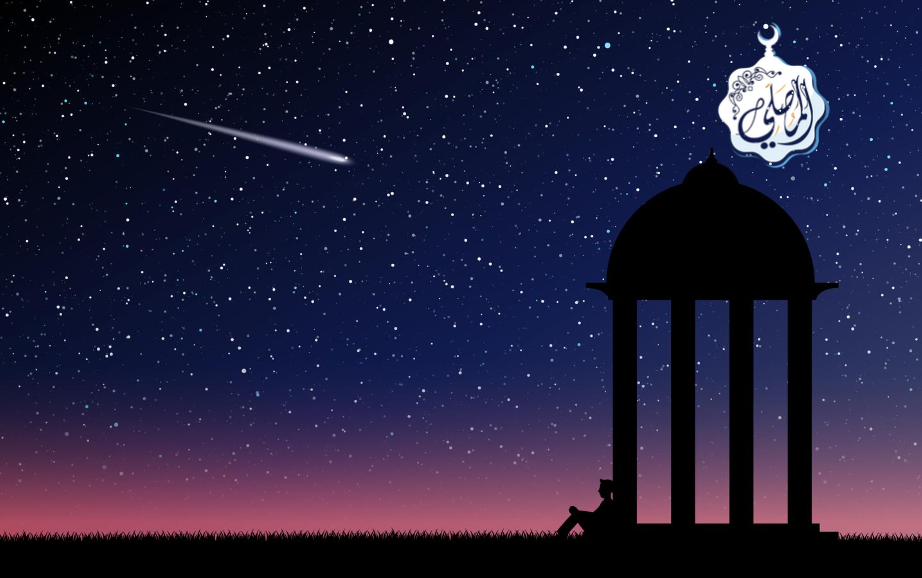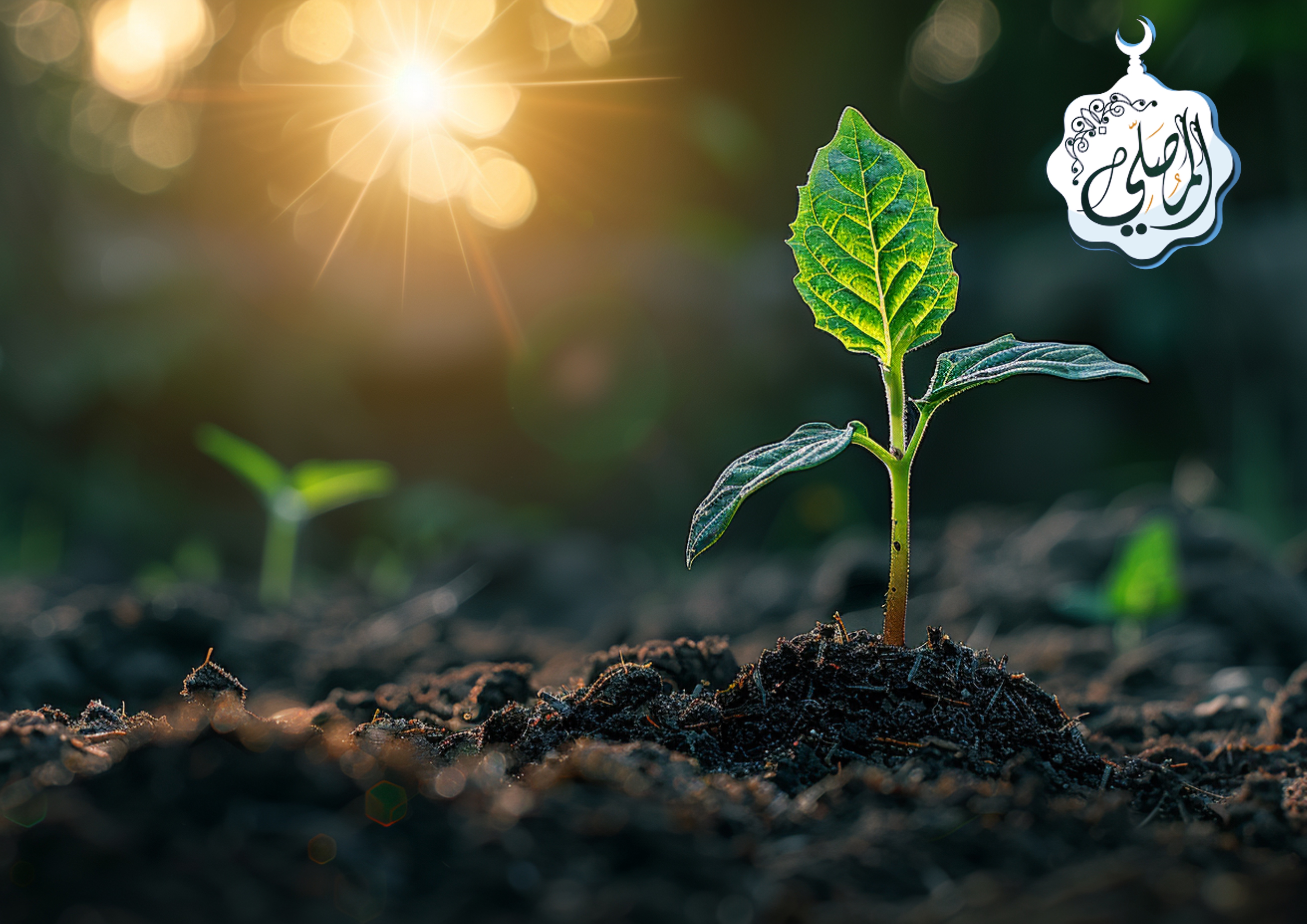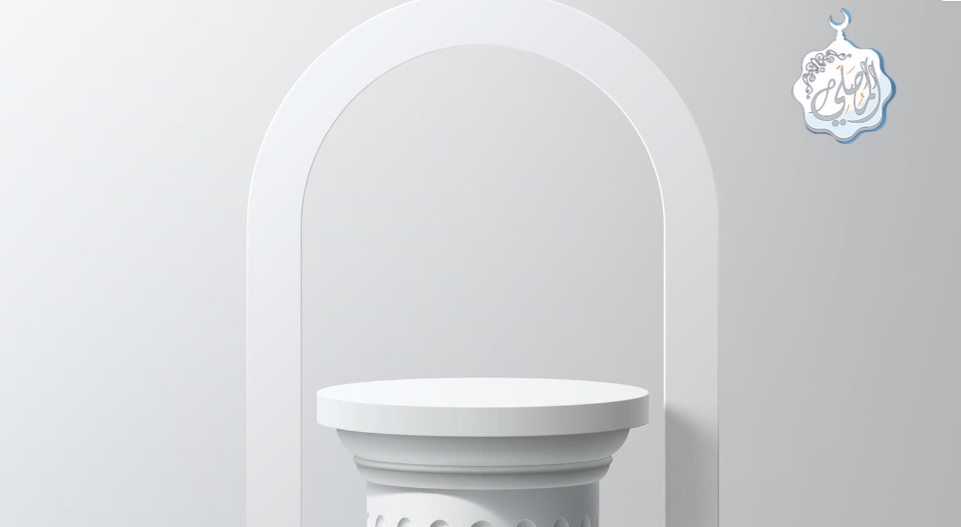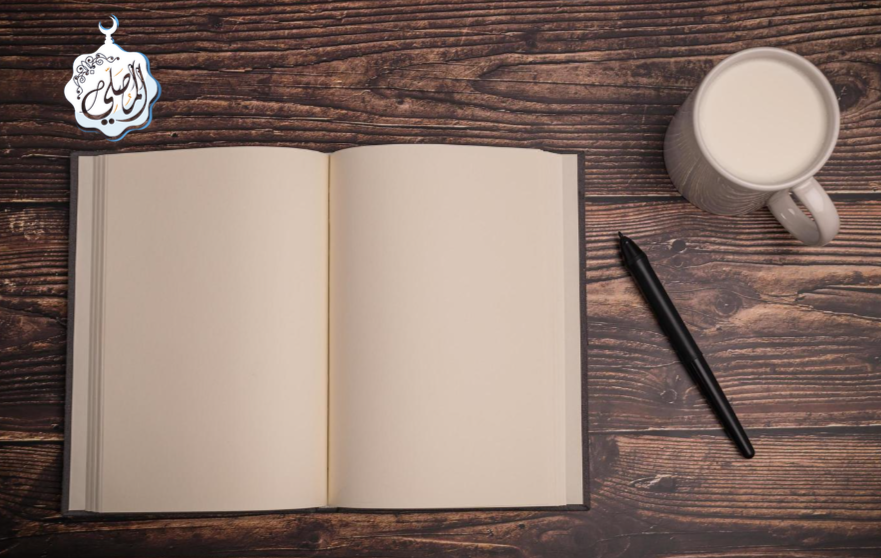Most Viewed Articles
Most Viewed Articles
Signs of Weak Faith – And How to Overcome Them
Faith (iman) is not static—it fluctuates, increasing through obedience to Allah and decreasing through sins and neglect
The Scorching Sun: Spiritual Lessons from the Summer Heat
For a believer, every creation of Allah is a sign (ayah), and the blazing heat carries profound spiritual reminders and lessons for those who reflect
The Spiritual Disease of ‘Riyaa’ (Showing Off) – And Its Cure
In Islam, every act of worship is meant to be for Allah alone. However, there is a hidden spiritual disease that can destroy our good deeds without us even realizing it—Riyaa
The Role of the Quran in Strengthening Faith
The more a Muslim engages with the Quran—through recitation, memorization, and deep reflection—the stronger their faith becomes
Recent Articles
How Salah Transforms the Believer’s Heart
Salah (prayer) is more than a ritual—it is a direct conversation with Allah, a spiritual cleanse, and a shield against sin
Dua: The Weapon of the Believer
It is a direct conversation with Allah, a demonstration of our utter dependence on Him, and a means to strengthen our faith
The Power of Dhikr: How Remembrance of Allah Strengthens Iman
In the chaos of daily life, the heart often becomes distracted, forgetful of its true purpose. Dhikr brings peace, purifies the soul, and strengthens faith.
Beyond the Bow: The Journey of the Soul in Sujood
In the spiritual landscape of Islam, few acts embody the essence of worship as completely as Sujood—the prostration
The Unseen Fence: Guarding Your Tongue in Islam
The tongue, though a small organ, can be the source of either immense good or catastrophic evil.
Wudu: How Islamic Ablution Benefits Mental Health
In an age where stress and anxiety dominate daily life, Islam offers a powerful yet often overlooked therapeutic practice: Wudu (ablution)
Ashura: The Fast That Erases a Year of Sins - Don't Miss It!
This sacred day carries immense spiritual weight, offering believers a unique opportunity for divine forgiveness, historical reflection, and spiritual renewal
Your Heart's Hijrah: Following the Prophet's Path to Peace
Long before the famous Hijrah to Medina, the Prophet Muhammad (ﷺ) commanded a group of Muslims to undertake the first Islamic migration (Hijrah) to Abyssinia
Cultivating Shukr (Gratitude): The Path to a Fulfilling Life in Islam
In a world that constantly pushes us to want more—more wealth, more success, more comfort—Islam teaches us the transformative power of Shukr





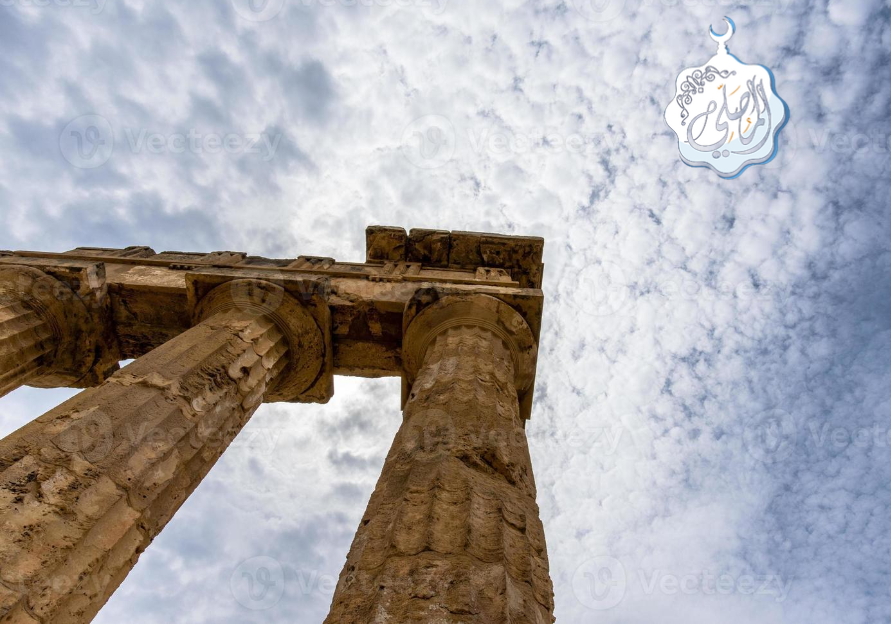
 share facebook
share facebook share whatsApp
share whatsApp share twitter
share twitter share telegram
share telegram copy
copy


